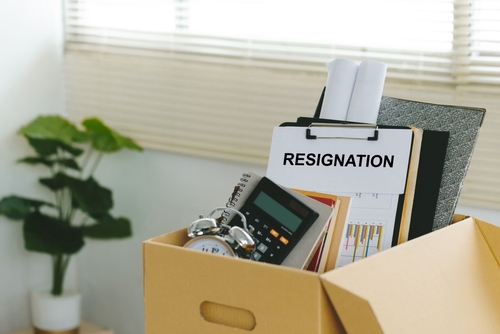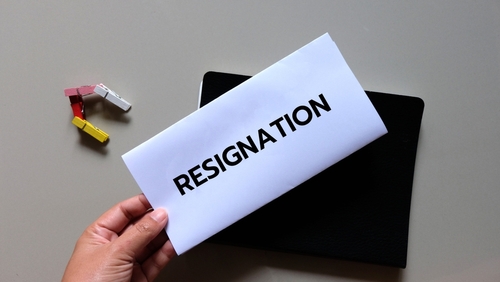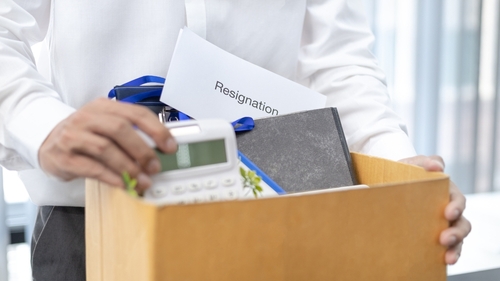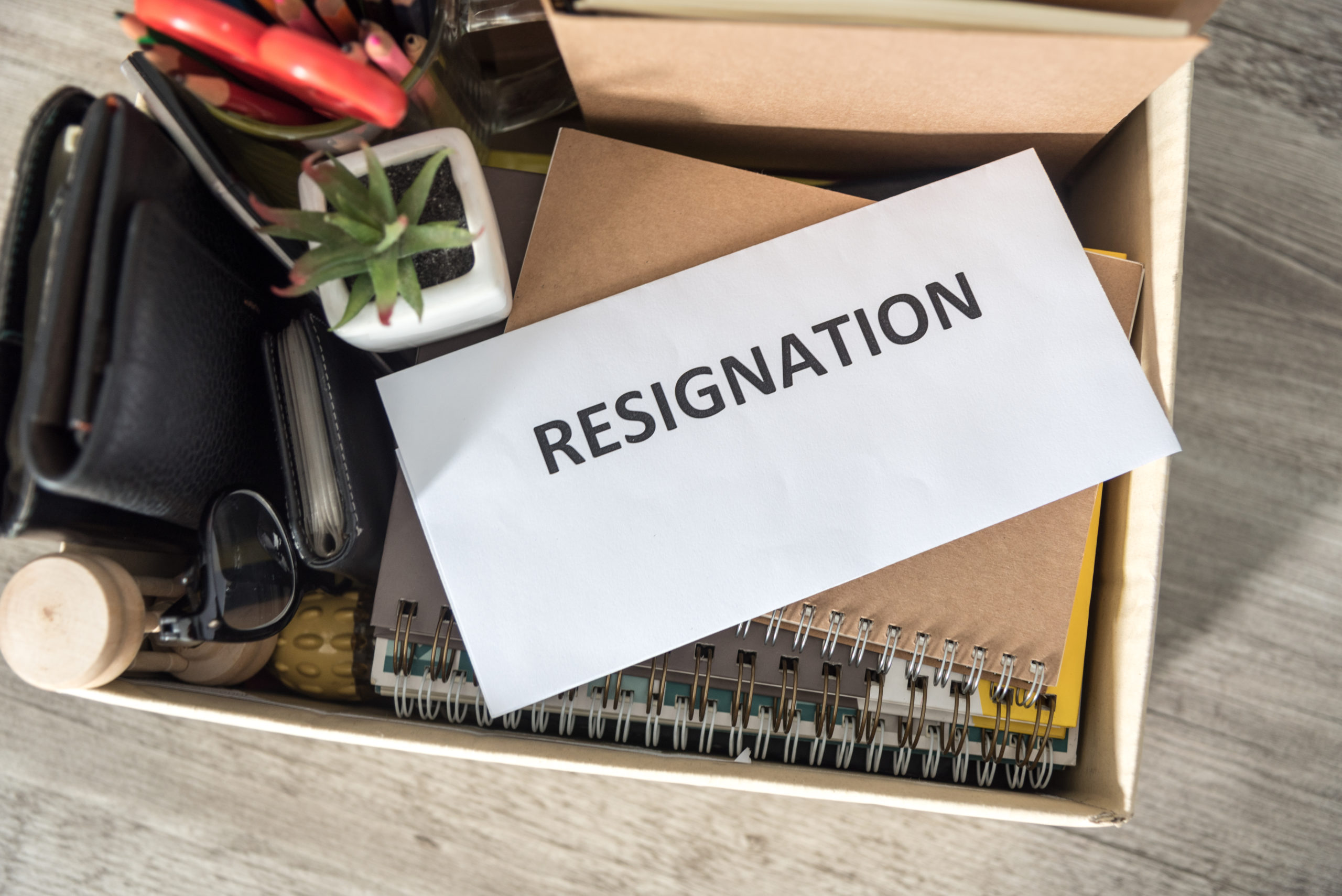How To Write a 30-Day Resignation Letter - It is standard etiquette to provide at least two weeks' notice to your employer before departing from a position. However, you may be needed to give as much as 30 days' notice, depending on the nature of your job and the stipulations of your company's resignation policy. Ethical standards require an in-person meeting and a letter of resignation within 30 days.

Dr.Job explains everything you need to know about a 30-Day Resignation Letter.

Why is it crucial to include a 30-day resignation letter?

How to write a 30-day resignation letter?

1. Start by addressing the letter.

2. Describe the goal of your letter.

3. Incorporate your resignation date.

4. Describe the cause of your departure.

Read also, How to Answer: What are your Reasons for Leaving your Job? (In an Interview)
5. Add a note of appreciation.

6. Go over the following actions.

7. Offer to assist with the transition.

8. End the letter.

Kindly" and "Regards"
Thank you, and with respect.
Sign your name on the resignation letter after you've finished. If you plan to print your resignation letter and hand it in, leave space between your final paragraph and your name so you may sign the document just above your name. One space between your last section and your name if you send your resignation letter by email.
How to write a 30-day resignation letter - Dos and Don'ts for Resignations

Dos and Don'ts of Resignation:
How to write a 30-day resignation letter - Dos:

Maintain a cheerful attitude.
When you leave a job, your resignation serves as your last professional impression, so it's wise to walk out on good terms and make your coworkers and superiors regret their loss.
Submit a formal letter. Always remain respectful and humble regardless of why you quit your employment.
An official letter, whether sent or sent via email, is crucial since it closes the loop on your HR file. Additionally, it guarantees that all relevant managers and supervisors get the required information.
Offer to assist with the changeover.
It's polite to volunteer to help out when the personnel changes. That could entail recording your projects and the procedures used to complete them or assisting in interviewing and training your replacement.
How to write a 30-day resignation letter - Don'ts:

Brag about your new position.
There is a danger that your new employment won't work out. If that occurs, you could regret not keeping in touch with your former coworkers, so you might ask them for a reference or inquire about taking up your old position again.
During your leaving interview, be honest.
Perhaps you're quitting because you detest your manager, don't agree with the workplace atmosphere, or don't see how your work contributes to the company's broader objectives. The time is not ripe for presenting those truths in all their honesty.
30-day resignation letter sample

(Your name)
)Your address(
(Your city, state, and zip code)
(Date you intend to hand in your resignation letter)
(Recipient's name)
(Recipient's title or position)
(Company's name)
(Company's address)
(Company's city, state, and zip code)
Dear (Name),
Per [company policy], I hereby submit my resignation from the post of [position title] at [business name]. I, at this moment, give notice that my last day of employment will be [30 days after the Date of resignation].
[Please provide a brief justification for your decision to leave the company.] It has been a pleasure serving [business name] in the role of [job title], and I am grateful for the opportunities and challenges that have come my way.
Before officially leaving the organization, I want to [list next measures] to ensure a smooth transition.
Please let me know if there's anything I can do to help the company through this transition or if there are any questions I can answer.
Thanks, Best regards,
(Your Name)
In conclusion,








 2023-05-05
2023-05-05
 2023-04-18
2023-04-18
 2023-04-10
2023-04-10
 2023-04-03
2023-04-03
 2023-03-29
2023-03-29